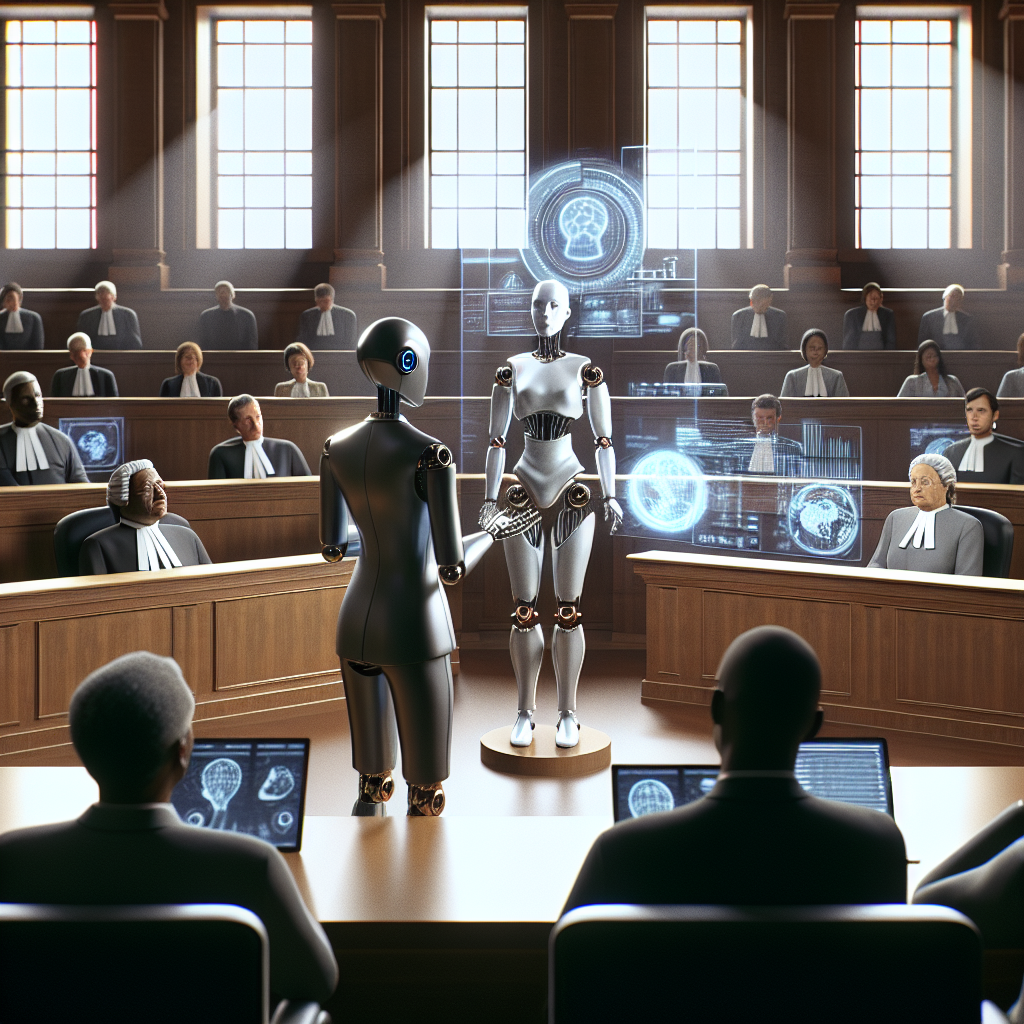“`html
How is AI Changing the Legal Industry?
Hey there! Curious about how Artificial Intelligence (AI) is reshaping the legal landscape? You’re in the right place. Let’s dive into some common questions about this fascinating topic.
What tasks can AI handle in the legal industry?
Great question! AI is transforming various aspects of the legal world:
- Document Review: Imagine sifting through mountains of documents in minutes instead of weeks. AI can quickly scan, analyze, and categorize docs–saving precious time.
- Legal Research: Hunting down precedent cases or relevant statutes? AI-driven tools can swiftly pinpoint the right information, ensuring you stay one step ahead.
- Contract Analysis: Contract review systems powered by AI can spot inconsistencies, omissions, or risks, making sure no detail slips through the cracks.
- Predictive Analytics: AI can analyze past cases to predict likely outcomes of current cases – talk about having a crystal ball!
Is AI replacing lawyers?
Absolutely not! AI is here to assist, not replace. While AI can handle tedious and repetitive tasks, the nuanced, strategic, and relational aspects of legal work still require human intelligence and expertise. Think of AI as a powerful assistant that helps lawyers be more efficient and effective.
How does AI improve accuracy in the legal field?
AI systems are designed to perform tasks with high accuracy by leveraging large datasets and advanced algorithms. Here are some ways AI enhances accuracy:
- Reduced Human Error: AI doesn’t suffer from fatigue, which means a lower chance of errors in tasks like document review.
- Consistent Decision-Making: AI algorithms apply the same criteria uniformly, leading to consistent results.
- Data-Driven Insights: By analyzing vast amounts of data, AI provides well-grounded insights that human analysis might miss.
Are there ethical concerns with using AI in the legal industry?
Yes, ethical concerns do arise. Here are a few to keep in mind:
- Bias and Fairness: AI systems learn from historical data, which can sometimes include biases. It’s crucial to regularly audit and refine these systems to ensure fairness.
- Privacy: Handling sensitive legal data calls for stringent privacy protocols. Ensuring AI complies with all privacy laws and guidelines is vital.
- Transparency: Lawyers need to understand how AI reaches its conclusions. Emphasizing explainability can strengthen trust in AI tools.
What does the future hold for AI in the legal industry?
The future looks promising! AI will likely bring even more advanced tools and applications. Expect greater integration, enhanced automation, and more robust predictive capabilities. Continuous advancements will further empower legal professionals to offer higher quality services with greater efficiency.
What an exciting time to be part of the legal field! Embracing AI can open up new horizons and help redefine the way legal services are delivered.
Got more questions? Feel free to ask – I’m here to help!
“`
